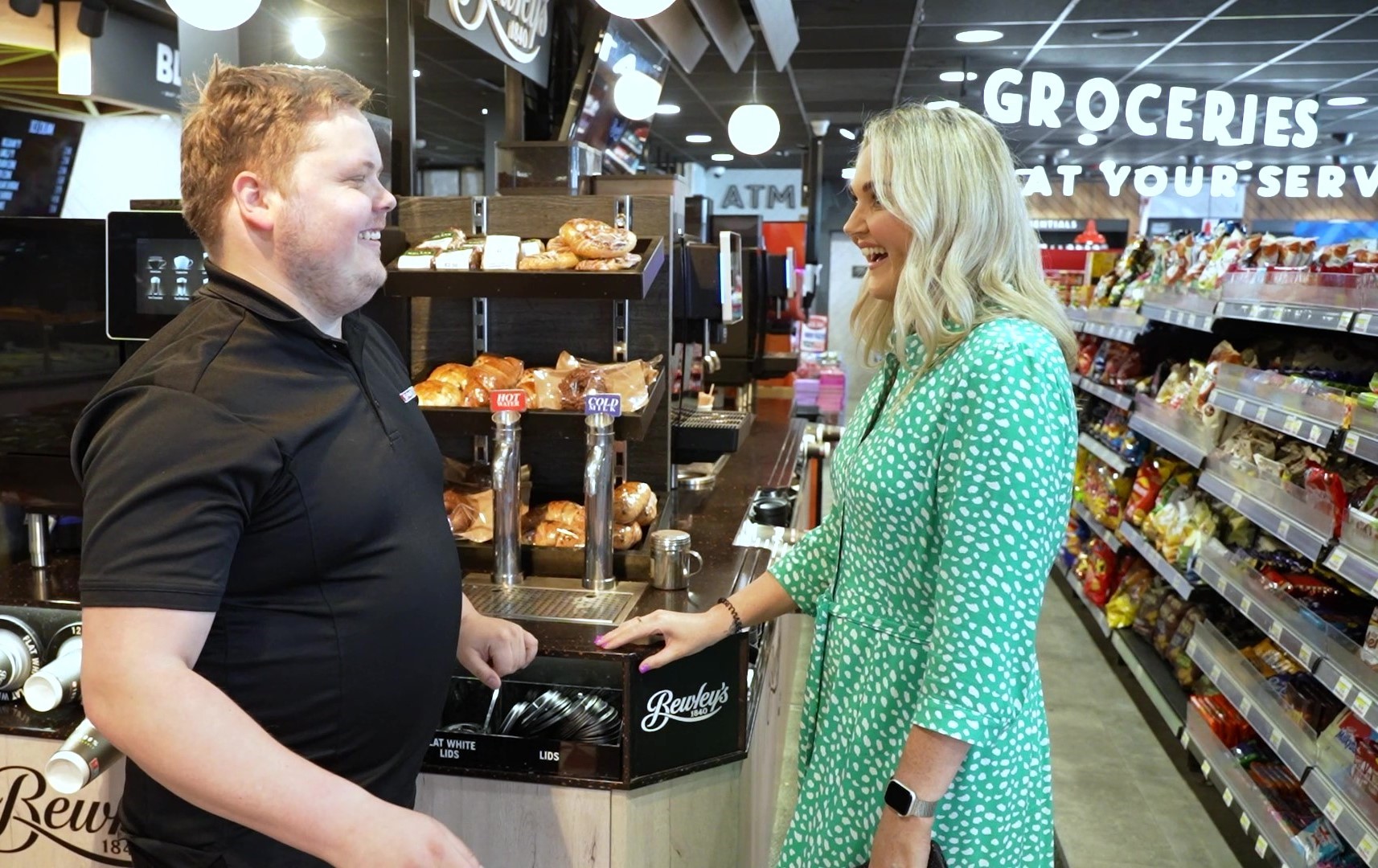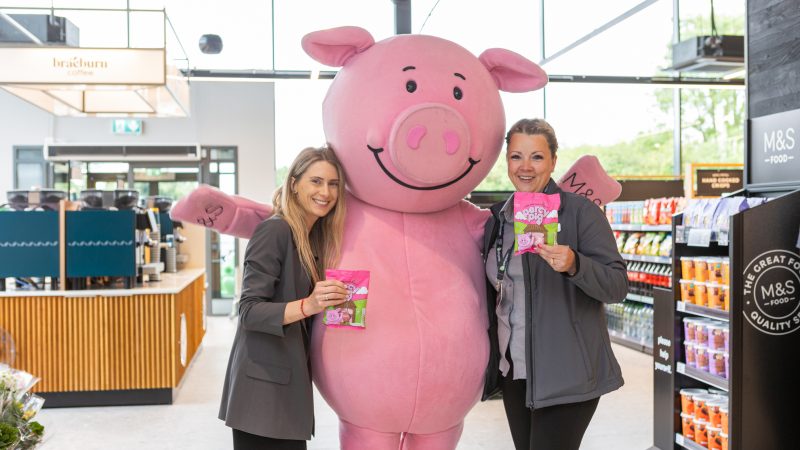New research: Impact of criminal activity on retail and forecourt staff

New research shows a growing concern among customer-facing businesses such as retail and forecourt about the impact of criminal activity on staff. 64% of businesses surveyed were victims of crime in the past year and 24% cited staff intimidation or abuse as the most common form of criminal activity they had experienced.
The research, conducted by Amárach Research on behalf of Netwatch Security, also shows that criminal activity had profound psychological and physical effects on staff members of the businesses affected, and was more prevalent in customer-facing sectors including retail, forecourt, wholesale, hospitality, health and social care:
- Fear and stress among employees were the leading concern of businesses asked about the impact of criminal activity was 35% in customer-facing sectors vs. 30% national average
- 30% experienced a loss of staff or a need for leaves of absence due to criminal activity in customer-facing sectors, versus 23% national average across all sectors.
- There was a higher incidence of physical injuries in customer-facing sectors at 18% versus 13%
Looking to the future, staff intimidation or abuse is the most concerning form of criminal activity mentioned by 56% of businesses in customer-facing sectors such as retail and forecourt, 19% higher than the national average across all sectors. This is the first time that staff intimidation or abuse has appeared in the Netwatch research and is a significant concern for organisations, particularly those with over 50 employees, where 42% of the cohort cited the issue.
In total 255 completed interviews were conducted with decision makers across a wide range of organisations countrywide from the 24th May to 21st June 2023.
Sinead Nolan, owner and manager of Nolan’s Spar Ballon, Co Carlow (pictured) said: “As owners and managers we should be able go home in the evenings safe in the knowledge that our staff are taken care of when they’re at work. They need to know that we have done all we can to provide a safe working environment for them. As retailers – particularly any businesses dealing with the general public – we need to do everything that we can to deter criminals, and in the instances out of our control, we need to create a supportive environment for staff during and after any criminal incident. Not only is it our duty of care but it makes business sense, reducing staff turnover and maintaining our reputation in the community”.
Leisha McGrath, a work and occupational psychologist who reviewed the report, emphasised the importance of psychological safety in the workplace and the financial impact of staff well-being: She said: “The personal and psychological safety of employees should always be of concern for employers, especially where there is any risk of criminal activity or socially undesirable behaviour directed at them. There is a direct correlation between an organisation actively ensuring a culture of safety and support, and its ability to attract, engage and retain staff. No one should ever feel unsafe at work. Safe and supported employees are more productive, and are more likely to stay with the organisation, and to speak positively about their employer outside of work.”
Colin Hayes, Netwatch managing director for Ireland and UK, commented: “This year’s report highlights an upward trend on business attitudes towards security, with a marked increase in those who perceive security an essential or high business priority.
“In this year’s survey, crime is reported to be costing business over €30,000 but the unseen, human impact is becoming evident through staff absence and loss of staff due to negative events. That customer-facing organisations such as retail and forecourt are taking supporting staff seriously, is a positive step for Irish business. In today’s climate of near full employment, it also makes good business sense. Doing all we can to support staff by where possible, preventing or deterring criminals, and helping employees during and after negative events is in everyone’s best interests.”








